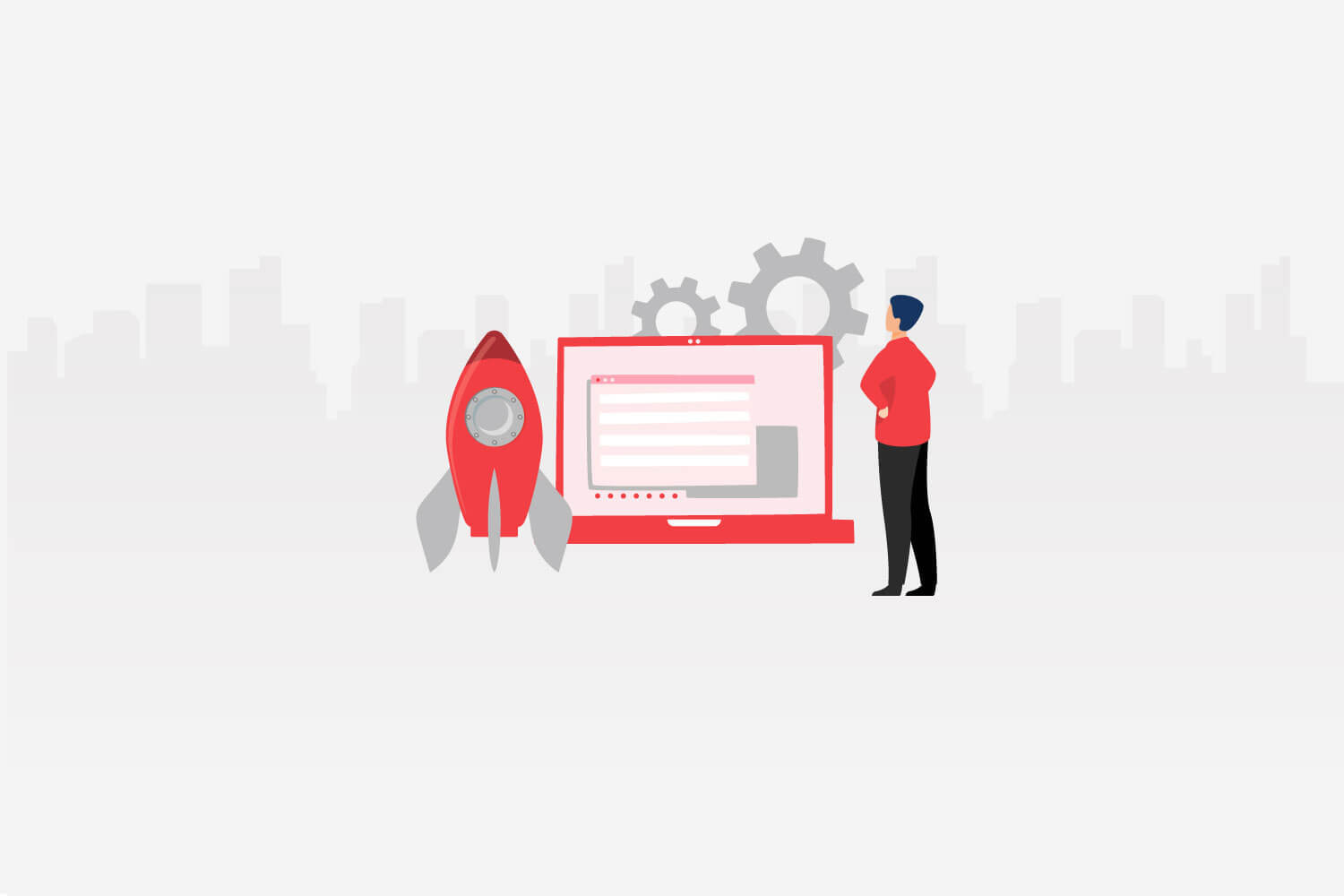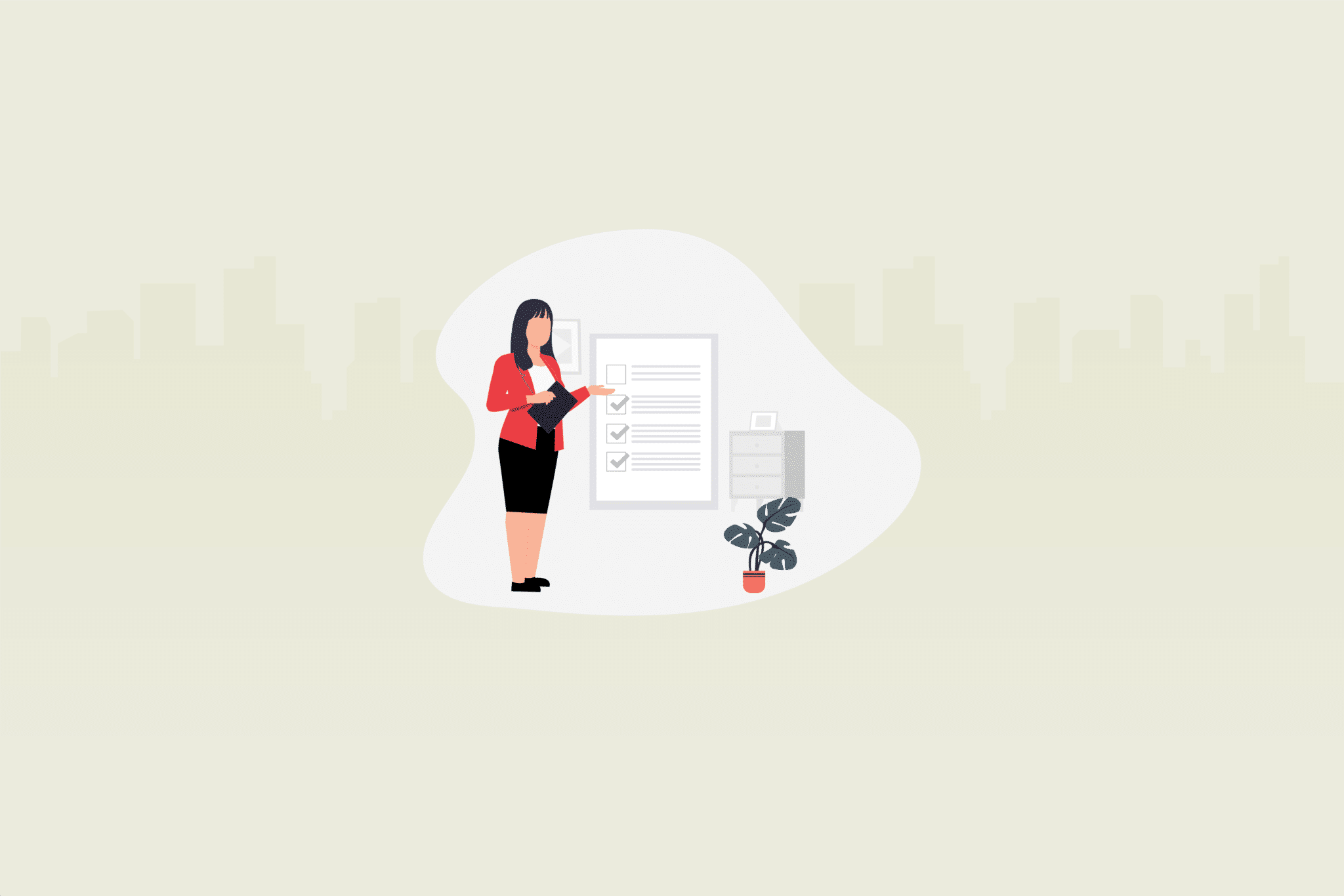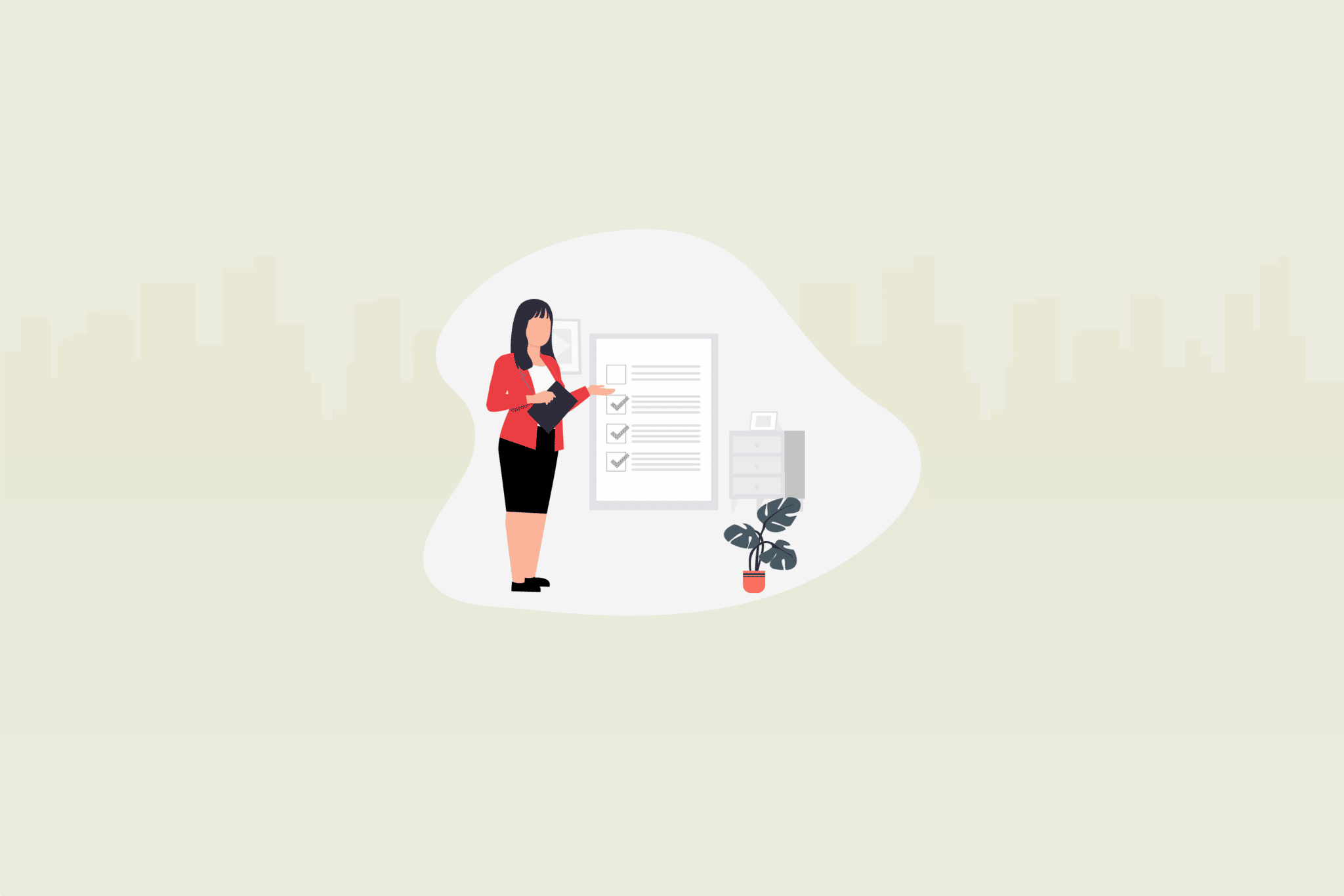In today’s dynamic business environment, the role of a Logistics Analyst has gained significant importance as organizations strive to optimize their supply chain operations. As the world becomes increasingly interconnected, the recruitment landscape for Logistics Analysts has witnessed a noticeable shift towards individuals who possess a unique blend of analytical prowess and logistics expertise.
This emerging trend reflects the growing recognition of data-driven decision-making in logistics management. HR professionals and CXOs are actively seeking candidates who can harness the power of analytics to uncover actionable insights, improve operational efficiency, and enhance overall supply chain performance. In this context, it is crucial to explore the key areas and skills that define the landscape of Logistics Analysts, ensuring the selection of candidates who can navigate the complexities of modern logistics and drive business success.
Here are the top 60 Logistics Analyst interview questions to ask job applicants:
15 general interview questions for the Logistics Analyst
- Can you provide an overview of your experience in logistics analysis and how it relates to the specific needs of our organization?
- How do you approach analyzing and improving supply chain processes to enhance efficiency and reduce costs?
- Can you describe a situation where you successfully identified and resolved a logistics-related issue? What steps did you take and what was the outcome?
- How do you prioritize tasks and manage competing demands in a fast-paced logistics environment?
- What software or tools do you typically use for data analysis and reporting in logistics? Can you provide examples of how you’ve utilized these tools effectively?
- Can you explain the role of data analytics in logistics and how it can drive decision-making and operational improvements?
- How do you ensure accuracy and reliability when collecting and analyzing logistics data?
- Can you share your experience with forecasting and demand planning in a logistics context? How do you handle unexpected fluctuations or disruptions?
- How do you collaborate with cross-functional teams, such as procurement, inventory management, and transportation, to optimize end-to-end logistics processes?
- Can you discuss any experience you have with implementing or optimizing warehouse management systems (WMS) or transportation management systems (TMS)?
- How do you stay updated on industry trends and best practices in logistics analysis? Can you provide an example of how you applied a new concept or technology to improve logistics operations?
- Can you describe a time when you had to make a difficult decision based on incomplete or conflicting data in a logistics context? How did you approach it, and what was the outcome?
- How do you ensure compliance with regulatory requirements and industry standards in your logistics analysis and decision-making?
- Can you explain your approach to managing and mitigating risks in logistics operations? Can you provide an example of how you identified and addressed a potential risk?
- How do you communicate your findings and recommendations to stakeholders who may have varying levels of understanding of logistics analytics? Can you share an example of how you effectively communicated complex information to a non-technical audience?
5 sample answers to general interview questions for the Logistics Analyst
- Can you provide an overview of your experience in logistics analysis and how it relates to the specific needs of our organization?
look for: Look for candidates who can effectively articulate their relevant experience in logistics analysis and highlight how their skills align with the organization’s specific needs.
Example answer: “In my previous role as a Logistics Analyst at Company X, I was responsible for conducting in-depth data analysis to optimize transportation routes and reduce costs. By leveraging historical shipment data, I identified opportunities to consolidate shipments and negotiate better rates with carriers, resulting in a 15% reduction in transportation costs for the company. I believe my experience in data-driven decision-making and my ability to identify cost-saving opportunities can be directly applied to your organization’s logistics operations.”
- How do you approach analyzing and improving supply chain processes to enhance efficiency and reduce costs?
look for: Look for candidates who have a structured approach to analyzing supply chain processes, can identify areas for improvement, and have successfully implemented strategies to enhance efficiency and reduce costs.
Example answer: “When analyzing supply chain processes, I begin by conducting a thorough assessment of the current processes and identifying bottlenecks or inefficiencies. I leverage data analytics tools to analyze key performance indicators (KPIs) such as order fulfillment cycle time, inventory turnover, and on-time delivery. Once I identify areas for improvement, I collaborate with cross-functional teams to implement process changes, such as implementing lean principles or automating manual tasks. For example, at my previous company, I implemented a vendor-managed inventory system, which reduced stockouts by 30% and improved overall inventory accuracy.”
- Can you describe a situation where you successfully identified and resolved a logistics-related issue? What steps did you take and what was the outcome?
look for: Look for candidates who can clearly explain a specific logistics issue they faced, demonstrate problem-solving skills, and describe the actions they took to resolve the issue, along with the resulting outcome.
Example answer: “In a previous role, we were experiencing delays in outbound shipments due to inefficient loading processes at our distribution center. To address this issue, I conducted time-motion studies to analyze the loading procedures and identified areas of improvement. I recommended implementing a new loading sequence based on product types and dimensions, which reduced loading time by 25%. Additionally, I collaborated with the warehouse team to streamline the workflow and optimize resource allocation. As a result, we achieved a 15% improvement in on-time shipment performance, leading to increased customer satisfaction.”
- How do you prioritize tasks and manage competing demands in a fast-paced logistics environment?
look for: Look for candidates who demonstrate strong organizational and time management skills, as well as the ability to effectively prioritize tasks and handle competing demands in a fast-paced logistics environment.
Example answer: “To prioritize tasks in a fast-paced logistics environment, I use a combination of proactive planning and effective communication. I start by assessing the urgency and impact of each task and assign appropriate priorities. I also ensure clear communication with stakeholders, such as customers, suppliers, and internal teams, to manage expectations and align priorities. Additionally, I leverage project management tools to track progress, set deadlines, and allocate resources efficiently. By implementing these strategies, I have successfully managed multiple projects simultaneously, ensuring timely delivery and minimizing disruptions.”
- What software or tools do you typically use for data analysis and reporting in logistics? Can you provide examples of how you’ve utilized these tools effectively?
look for: Look for candidates who are familiar with commonly used logistics software and tools, and who can provide specific examples of how they have utilized these tools to analyze data and generate meaningful insights.
Example answer: “In my logistics analysis work, I have extensively used software such as Excel, Tableau, and SAP. For data analysis, Excel has been my go-to tool for manipulating and visualizing large datasets. I have created complex formulas and pivot tables to extract valuable insights from transportation data, such as cost per mile, carrier performance, and transit times. Additionally, I have used Tableau to create interactive dashboards that provide real-time visibility into supply chain KPIs, enabling stakeholders to make informed decisions. Furthermore, I am proficient in SAP’s logistics modules, which have allowed me to streamline processes, generate accurate reports, and facilitate seamless integration across various functions.”
15 behavioral interview questions for a Logistics Analyst
- Tell me about a time when you had to analyze a complex logistics problem. How did you approach it, and what steps did you take to find a solution?
- Can you describe a situation where you had to work collaboratively with cross-functional teams to achieve a logistics-related goal? What was your role, and how did you ensure effective collaboration?
- Share an example of a time when you had to handle a logistics crisis or unexpected disruption. How did you manage the situation and minimize the impact on operations?
- Describe a project where you successfully implemented process improvements in logistics. What challenges did you encounter, and how did you overcome them?
- Can you provide an example of a time when you used data analytics to identify opportunities for cost savings or efficiency improvements in logistics? How did you translate the data into actionable insights?
- Tell me about a situation where you had to make a tough decision that had an impact on logistics operations. How did you weigh the options, and what factors did you consider in your decision-making process?
- Share an experience where you successfully managed a large-scale logistics project from start to finish. How did you ensure timely delivery, and how did you handle any unexpected obstacles along the way?
- Describe a time when you had to negotiate with vendors or carriers to optimize logistics services or reduce costs. How did you approach the negotiation process, and what was the outcome?
- Can you provide an example of a time when you identified a potential risk in logistics operations and implemented measures to mitigate it? How did you monitor the effectiveness of those measures?
- Tell me about a challenging stakeholder or client interaction you had in a logistics context. How did you handle the situation, and what steps did you take to ensure customer satisfaction?
- Share a situation where you had to analyze and optimize warehouse operations to improve efficiency and inventory accuracy. What strategies or methodologies did you employ, and what were the results?
- Describe a time when you had to adapt to changing market conditions or customer demands in logistics. How did you ensure the smooth transition and alignment of operations with the new requirements?
- Can you provide an example of a time when you identified an opportunity for sustainability or environmental improvement in logistics? How did you implement the changes, and what impact did they have?
- Tell me about a situation where you had to communicate complex logistics data or analysis to a non-technical audience. How did you ensure clarity and understanding in your communication?
- Share an experience where you had to lead a team or project in implementing a new logistics technology or system. How did you manage the implementation process and overcome any challenges?
5 sample answers to behavioral interview questions for the Logistics Analyst
- Tell me about a time when you had to analyze a complex logistics problem. How did you approach it, and what steps did you take to find a solution?
look for: Look for candidates who can demonstrate their analytical skills, problem-solving abilities, and their approach to tackling complex logistics problems.
Example answer: “In my previous role, we faced a significant challenge with optimizing the international shipping process, which involved multiple carriers and complex customs regulations. To address this, I began by conducting a thorough analysis of the current process, mapping each step, and identifying pain points. I then collaborated with the procurement team to evaluate alternative carrier options and negotiate better rates. Additionally, I conducted extensive research on customs regulations and identified areas where we could streamline documentation processes. By implementing a consolidated shipping strategy, optimizing customs clearance procedures, and leveraging technology for tracking and visibility, we reduced shipping lead times by 20% and achieved substantial cost savings.”
- Can you describe a situation where you had to work collaboratively with cross-functional teams to achieve a logistics-related goal? What was your role, and how did you ensure effective collaboration?
look for: Look for candidates who can effectively demonstrate their ability to collaborate with cross-functional teams, communicate effectively, and work towards common logistics goals.
Example answer: “In a recent project, we aimed to improve inventory accuracy and reduce stockouts by implementing a new warehouse management system (WMS). As the Logistics Analyst, I collaborated closely with the IT team, warehouse staff, and inventory management team. I facilitated regular meetings to gather requirements, address concerns, and ensure alignment between departments. I also conducted training sessions to educate warehouse staff on the new system and provided ongoing support during the transition phase. Through effective collaboration, open communication, and a shared understanding of the project’s objectives, we successfully implemented the WMS, resulting in a 25% reduction in stockouts and improved overall inventory accuracy.”
- Share an example of a time when you had to handle a logistics crisis or unexpected disruption. How did you manage the situation and minimize the impact on operations?
look for: Look for candidates who can demonstrate their ability to effectively handle crises or disruptions, think on their feet, and take decisive actions to minimize the impact on logistics operations.
Example answer: “During a peak holiday season, our primary transportation provider experienced a major disruption due to inclement weather, leading to delays in product deliveries. As the Logistics Analyst, I immediately assessed the situation, identified alternate transportation options, and collaborated with the carrier management team to secure additional capacity. I worked closely with the warehouse team to prioritize shipments and reroute deliveries to minimize customer impact. Additionally, I provided regular updates to stakeholders, including customer service teams and senior management, to manage expectations and address any concerns. By swiftly addressing the crisis, we were able to minimize customer dissatisfaction, maintain service levels, and ensure timely delivery of critical orders.”
- Describe a project where you successfully implemented process improvements in logistics. What challenges did you encounter, and how did you overcome them?
look for: Look for candidates who can demonstrate their ability to identify process improvement opportunities, overcome challenges, and successfully implement changes in logistics operations.
Example answer: “In a previous role, I led a project to streamline the order fulfillment process. One of the key challenges we faced was a lack of visibility and coordination between order management and warehouse teams, leading to inefficiencies and delays. To address this, I initiated cross-functional meetings to understand pain points and collaborated with both teams to define a standardized process. I implemented a barcode scanning system to improve order accuracy and implemented real-time tracking through the warehouse management system. Additionally, I provided training and clear documentation to ensure a smooth transition. By addressing these challenges and implementing the changes, we achieved a 30% reduction in order processing time and improved overall customer satisfaction.”
- Can you provide an example of a time when you used data analytics to identify opportunities for cost savings or efficiency improvements in logistics? How did you translate the data into actionable insights?
look for: Look for candidates who can showcase their ability to analyze data, identify opportunities for improvement, and effectively translate data into actionable insights.
Example answer: “In a recent project, I analyzed transportation data to identify opportunities for cost savings and improved efficiency. By examining shipment volumes, carrier performance, and delivery routes, I discovered that we could optimize our transportation network by consolidating shipments and leveraging regional carriers. I used data visualization tools to create dashboards that highlighted the cost implications and potential efficiency gains. I presented these findings to the management team, along with a detailed implementation plan. By implementing the recommended changes, we achieved a 15% reduction in transportation costs and improved overall on-time delivery performance.”
15 personality interview questions for the Logistics Analyst
- How do you handle stressful situations and tight deadlines in your work?
- Can you describe a time when you had to adapt quickly to changes in logistics operations? How did you handle the situation, and what was the outcome?
- What motivates you to continuously improve processes and find innovative solutions in logistics?
- How do you prioritize your workload and manage multiple tasks simultaneously?
- Can you provide an example of a time when you had to collaborate with individuals who had different perspectives or approaches? How did you navigate those differences and reach a successful outcome?
- What steps do you take to ensure attention to detail in your work as a Logistics Analyst?
- How do you approach problem-solving in logistics? Can you provide an example of a challenging problem you encountered and how you resolved it?
- How do you stay organized and maintain accuracy in data analysis and reporting for logistics operations?
- Can you describe a time when you had to make a decision with limited information or incomplete data in a logistics context? How did you handle it, and what was the result?
- How do you ensure effective communication and coordination with different stakeholders involved in logistics operations?
- Can you share an experience when you successfully managed conflicting priorities or demands in a logistics role? How did you handle the situation, and what was the outcome?
- How do you stay updated with the latest trends and advancements in logistics management? Can you provide an example of how this knowledge has benefited your work?
- Describe a situation where you had to demonstrate strong attention to quality and accuracy in logistics processes or documentation. How did you ensure compliance with standards?
- Can you provide an example of a time when you had to take the initiative to identify and implement process improvements in logistics operations? What was the result?
- How do you approach building and maintaining relationships with logistics service providers, vendors, or clients? Can you provide an example of a successful interaction or partnership?
5 sample answers to personality interview questions for Logistics Analyst
- How do you handle stressful situations and tight deadlines in your work?
look for: Look for candidates who can demonstrate their ability to remain calm under pressure, effectively manage stress, and meet deadlines without compromising quality or accuracy.
Sample answer: “I thrive in fast-paced environments and view stressful situations as opportunities to showcase my problem-solving abilities. To handle stress, I prioritize tasks, break them down into smaller manageable steps, and create a timeline to ensure timely completion. I also maintain open communication with stakeholders to manage expectations and address any challenges. For instance, in my previous role, we faced a sudden surge in order volumes during the holiday season. By effectively managing priorities, coordinating with the warehouse team, and collaborating with transportation providers, we successfully met the increased demand while maintaining service levels and ensuring customer satisfaction.”
- Can you describe a time when you had to adapt quickly to changes in logistics operations? How did you handle the situation, and what was the outcome?
look for: Look for candidates who can demonstrate their adaptability, flexibility, and ability to quickly respond to changes in logistics operations.
Sample answer: “In a recent project, there was a sudden change in our distribution network due to a warehouse closure. This required us to quickly identify alternative warehouses and reconfigure transportation routes to maintain operational efficiency. I took immediate action by collaborating with the supply chain team and conducting an analysis to identify suitable warehouses based on capacity, location, and operational capabilities. I also coordinated with carriers to negotiate new transportation agreements. As a result of our swift response and adaptability, we were able to seamlessly transition operations to the new warehouses, minimizing disruptions and ensuring on-time deliveries to our customers.”
- How do you prioritize your workload and manage multiple tasks simultaneously?
look for: Look for candidates who can demonstrate their organizational skills, ability to manage competing priorities, and maintain productivity while juggling multiple tasks.
Sample answer: “To effectively prioritize my workload, I start by assessing the urgency and importance of each task. I create a comprehensive task list and use time management techniques such as the Eisenhower Matrix to classify tasks based on their priority. This helps me allocate appropriate time and resources to each task. Additionally, I regularly communicate with stakeholders to understand their expectations and align my priorities accordingly. By maintaining a structured approach and leveraging tools like calendars and task management software, I ensure that critical deadlines are met and that I can handle multiple tasks simultaneously without compromising quality or accuracy.”
- How do you ensure effective communication and coordination with different stakeholders involved in logistics operations?
look for: Look for candidates who can demonstrate their communication skills, and ability to collaborate with diverse stakeholders, and maintain effective coordination in logistics operations.
Sample answer: “Communication and coordination are crucial in logistics operations, and I prioritize building strong relationships with stakeholders. I maintain open lines of communication through regular meetings, emails, and collaborative platforms. I actively listen to understand their needs, concerns, and expectations. Additionally, I leverage technology tools like shared dashboards and project management systems to ensure real-time visibility and facilitate efficient coordination. By fostering transparent and effective communication, I have successfully managed cross-functional teams, coordinating with carriers, and ensured that all stakeholders are aligned towards achieving our logistics goals.”
- How do you approach building and maintaining relationships with logistics service providers, vendors, or clients? Can you provide an example of a successful interaction or partnership?
look for: Look for candidates who can demonstrate their relationship-building skills, ability to establish partnerships, and maintain positive interactions with logistics service providers, vendors, or clients.
Sample answer: “I believe in fostering strong relationships with logistics service providers, vendors, and clients based on trust, collaboration, and mutual benefit. I proactively engage in regular communication, attend industry events, and participate in networking opportunities to establish and maintain these relationships. For instance, in my previous role, I built a successful partnership with a key logistics service provider by conducting regular performance reviews, sharing data insights, and collaborating on process improvements. This resulted in improved service levels, cost savings through negotiated contracts, and enhanced overall customer satisfaction. By cultivating relationships built on trust and effective communication, I have been able to leverage these partnerships to drive operational efficiencies and achieve shared goals.”
When should you use skill assessments in your hiring process for Logistics Analyst?
Skill assessments should be used in the hiring process for Logistics Analysts to ensure that candidates possess the necessary skills and expertise required for the role. Assessments provide objective and standardized measures of a candidate’s abilities, helping to validate their claims and qualifications. By incorporating skill assessments, employers can make more informed hiring decisions and identify the most suitable candidates for the position.
Assessments are important because they go beyond the information provided in resumes and interviews. They provide concrete evidence of a candidate’s competence and proficiency in specific skills relevant to logistics analysis. These assessments help evaluate critical skills such as analytical thinking, problem-solving, attention to detail, data analysis, proficiency in logistics software and tools, and process improvement abilities.
There are various skill assessments that can be used to assess the skills of Logistics Analyst candidates. These assessments can include:
- Analytical and problem-solving assessments
These assessments evaluate a candidate’s ability to analyze complex logistics scenarios, identify problems, and propose effective solutions.
- Technical assessments
These assessments focus on evaluating a candidate’s proficiency in using logistics software, tools, and systems commonly used in the industry, such as transportation management systems (TMS) or warehouse management systems (WMS).
- Data analysis assessments
These assessments assess a candidate’s ability to interpret and analyze logistics data, such as supply chain metrics, transportation costs, or inventory levels, to derive actionable insights.
- Case studies or simulations
These assessments present candidates with real-life logistics scenarios or simulations and assess their ability to apply their knowledge and skills to make informed decisions.
By incorporating these skill assessments into the hiring process, employers can gain a more comprehensive understanding of a candidate’s abilities and make well-informed decisions about their fit for the role of a Logistics Analyst.
Use our interview questions and skill tests to hire talented Logistics Analyst
Unlock the potential of your hiring process with Testlify’s comprehensive skill assessments and interview questions specifically designed for Logistics Analyst.
Our extensive test library offers a wide range of assessments, including cognitive function, personality, situational judgment, programming, and more. By leveraging these assessments, you can objectively evaluate candidates’ abilities, ensuring you shortlist the most talented individuals efficiently.
To further enhance your hiring process, we invite you to book a free 30-minute live demo. Our expert team will guide you through the platform, showcasing relevant skill tests tailored to your hiring needs. With our support, you can streamline candidate selection, saving valuable time and resources.
Ready to find the perfect fit for your Logistics Analyst role? Testlify provides the tools you need to make informed hiring decisions. Explore our skill assessments and interview questions today to uncover exceptional talent for your team.







